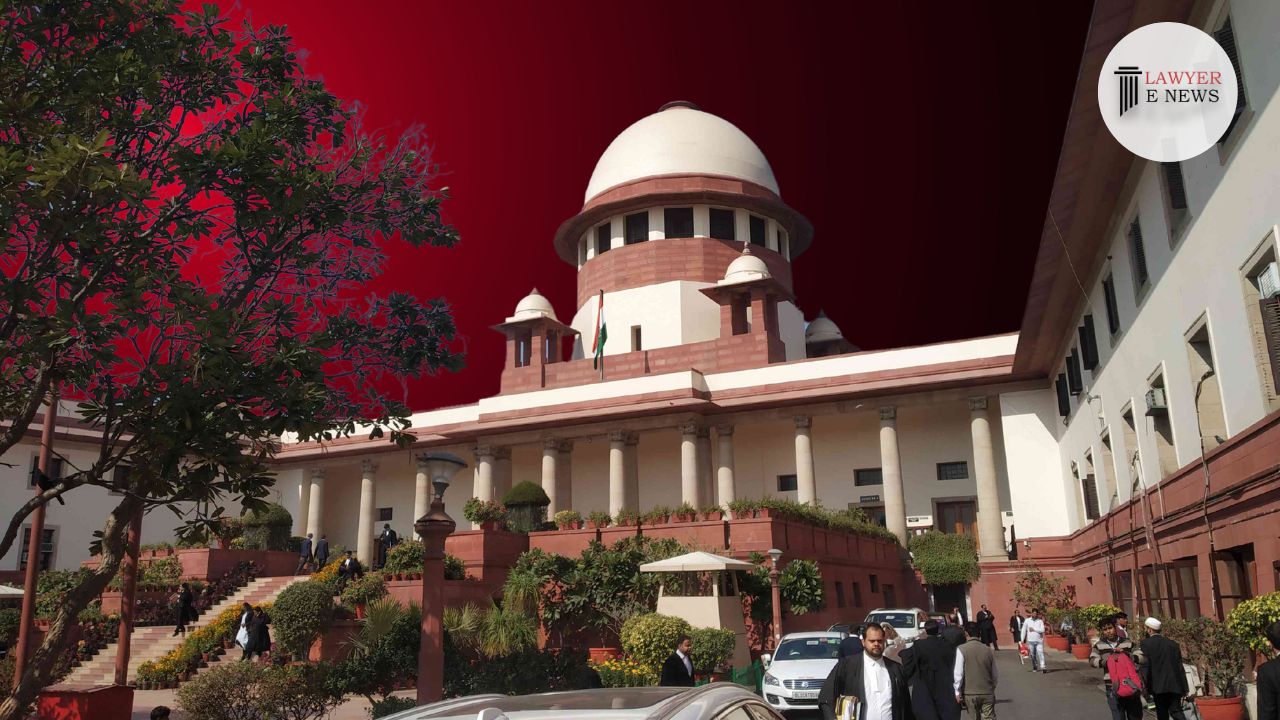-
by Admin
15 February 2026 5:35 AM



In a significant ruling, the Hon'ble Supreme Court has delivered a landmark judgment reaffirming the separation of powers and the authority of judicial pronouncements. The judgment, delivered by a bench comprising Hon'ble Mr. Justice B.R. Gavai, Hon'ble Mr. Justice Vikram Nath, and Hon'ble Mr. Justice Sanjay Karol, has restrained the government from granting any further extensions to the Director of Enforcement beyond the specified tenure.
Highlighting the sanctity of a writ of mandamus issued by the Court, the judgment stated, "Nullification of mandamus by an enactment would be impermissible legislative exercise." The Court further emphasized that the legislature cannot override individual decisions inter partes and affect their rights and liabilities alone, as it would amount to an intrusion into the judicial power of the state.
The judgment comes in response to writ petitions challenging the constitutional validity of the Central Vigilance Commission (Amendment) Act, 2021, and the Delhi Special Police Establishment (Amendment) Act, 2021. Rejecting the challenge, the Court held that the impugned Acts and rules were not violative of fundamental rights guaranteed under the Constitution.
Citing previous precedents, the Court underscored that while the legislature can change the basis of a decision and modify the law in general, it cannot nullify a specific mandamus issued by the Court. The Court also acknowledged the concern expressed by the Union of India regarding the FATF review and the need for a smooth transition, allowing the current Director of Enforcement to continue in office until 31st July 2023.
This judgment sets a significant precedent, upholding the authority of the judiciary and ensuring the adherence to the principles of separation of powers and the rule of law. It reaffirms the importance of judicial review and prevents legislative encroachment on individual rights and liabilities.
Date of Decision: July 11, 2023
DR. JAYA THAKUR vs UNION OF INDIA & ORS.
